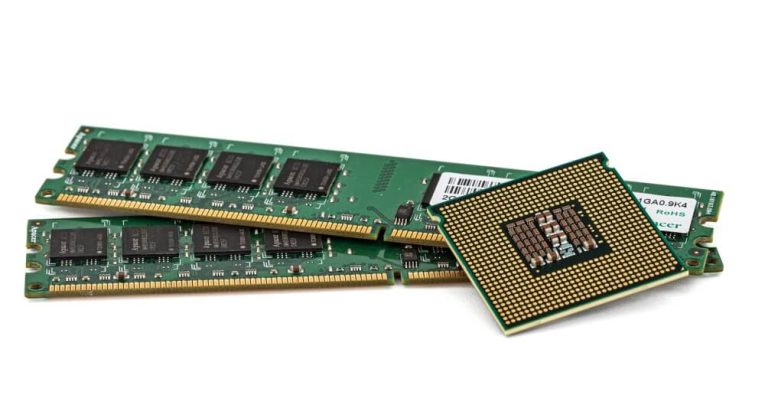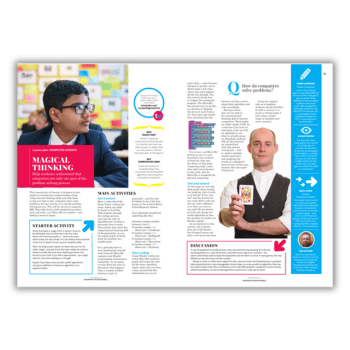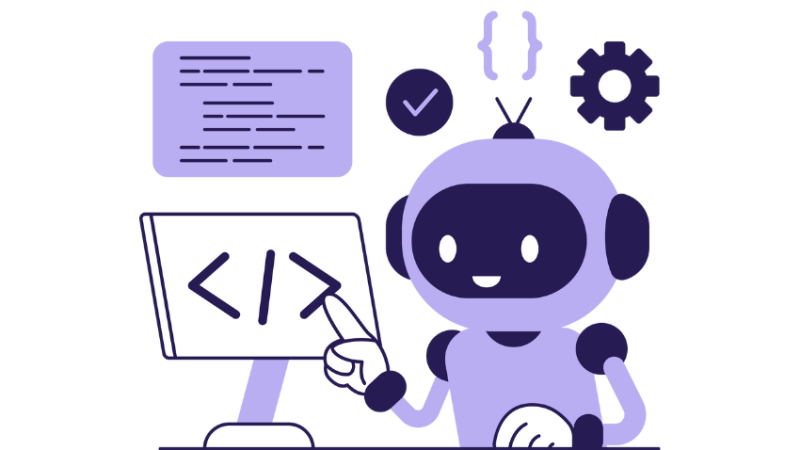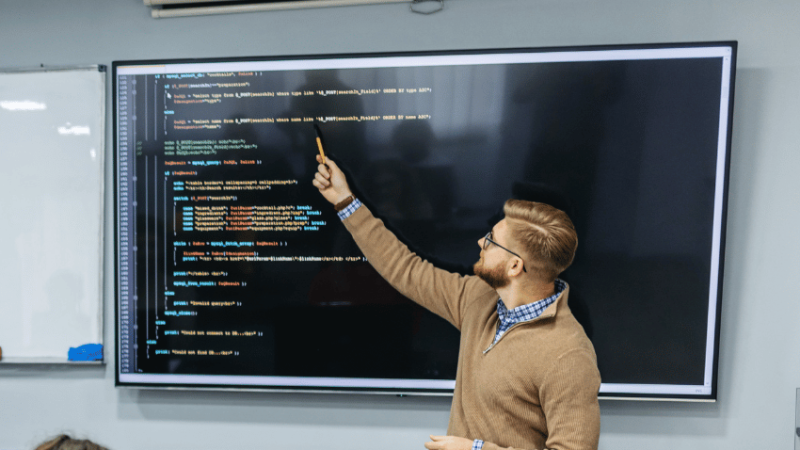MFL to ICT – Why switching subjects was one of the best decisions this teacher made

Paul Hipperson reflects on his reasons for swapping MFL for computer science, and on how making the switch was easier than he thought it would be…

I qualified as a secondary French and German teacher 10 years ago, and for most of my life I’ve had next to no knowledge of computer science. So it was a bit of a surprise to everyone, including me, when I decided to retrain as a computer science teacher.
As much as I’d loved teaching modern foreign languages, I knew that I wanted to retrain and find another subject that was similarly creative and sociable – two of the things I like most about languages.
Having stumbled across computer science, I decided to look into it further.
Nagging doubts
Over the first lockdown, I taught myself some of the basics and attended a four-day summer school in York delivered by the National Centre for Computing Education, in order to increase my then GCSE-level computer science subject knowledge.
I was surprised to discover how much computer science involves constantly talking to other people – there’s a very supportive online community out there who will happily answer any questions, and numerous forums ready to offer a range of friendly tips.
Of course, changing specialisms was nerve-wracking. I had nagging doubts, and spent a few nights awake in the dark, wondering whether there might be a way of teaching both computer science and MFL, but such a position wasn’t available at the time.
I needn’t have worried, though. It’s not been easy, but changing specialisms has definitely been the best decision I could have made in my teaching career thus far.
Creative juices
I currently teach computer science and the BTEC in digital information technology to 40 students from Y7 to Y11 at College Central – a pupil referral unit in Eastbourne.
Luckily for me, I’ve timed things well because computer science is having ‘a moment’. More than 500 million new applications are predicted to be built over the next five years – more than the total number of applications built in the last 40 – and schools have woken up to the fact that we need more computer science teachers.
Forget the stereotypes surrounding the subject, they’re simply not true. I’m using my creative juices just as much now as when I taught French and German.
MFL teaching draws on reading, writing, listening and speaking skills, and computer science teaching is surprisingly similar. There are distinct areas, such as image editing, sound sampling, writing code and networking that can be independently studied in-depth, but which are also interconnected, as were those skills I relied on for MFL.
I’d venture that MFL teachers (as well as teachers of other subjects) would enjoy teaching computer science if they gave it a try. Different coding languages have specific vocabularies and grammars, and their own distinct character. I’ve developed a preference for Javascript over Python, for example, because I’m drawn to the former’s more imaginative use of squiggly brackets – {} – which look much cooler than boring old ()s.
Optimism and opportunities
As with European languages, there are some words and phrases that are familiar to everyone, and some that are unique to one language. You can specialise in one programming language or dabble in several, just as some people are fluent in French, while others prefer to learn a bit of French, Spanish and German.
It’s been easier to retrain than I thought. After attending the four-day Computer Science Accelerator programme and gaining my subject knowledge certification, I was quickly able to make new contacts among fellow teachers, build up my computer science knowledge and generate a stack of teaching ideas.
I’ve since started working with my local STEM Ambassador, who has provided me with advice and funding to help build the GCSE computer science offer at my school. I feel very optimistic about the opportunities I’ll have access to as time goes on.
Learning the basics of computer science has given my career a boost and already taken me in directions I never would have expected. Any MFL teacher can rapidly gain the skills they’ll need to enhance their teaching and motivate their tech-savvy students – or they could even make the leap into an entirely new teaching career as I did.
Paul Hipperson teaches at a Pupil Referral Unit in Eastbourne











